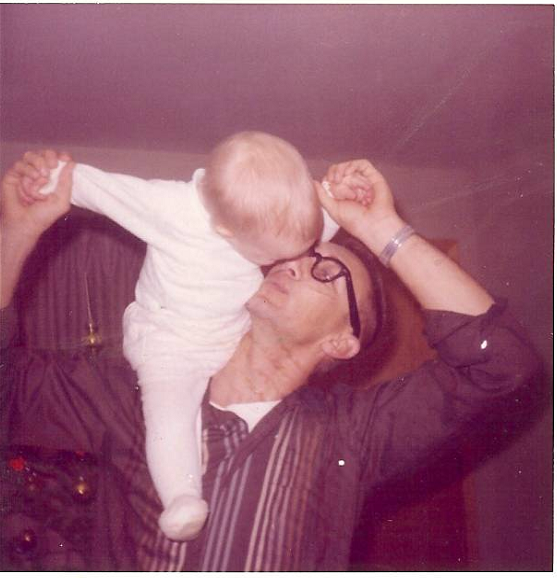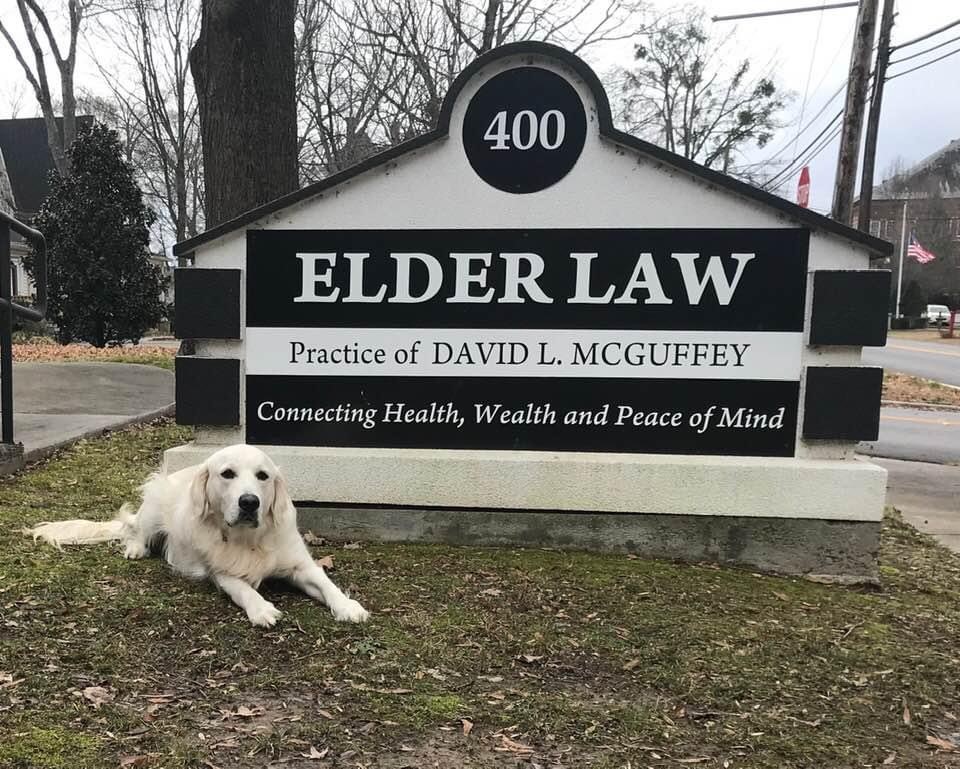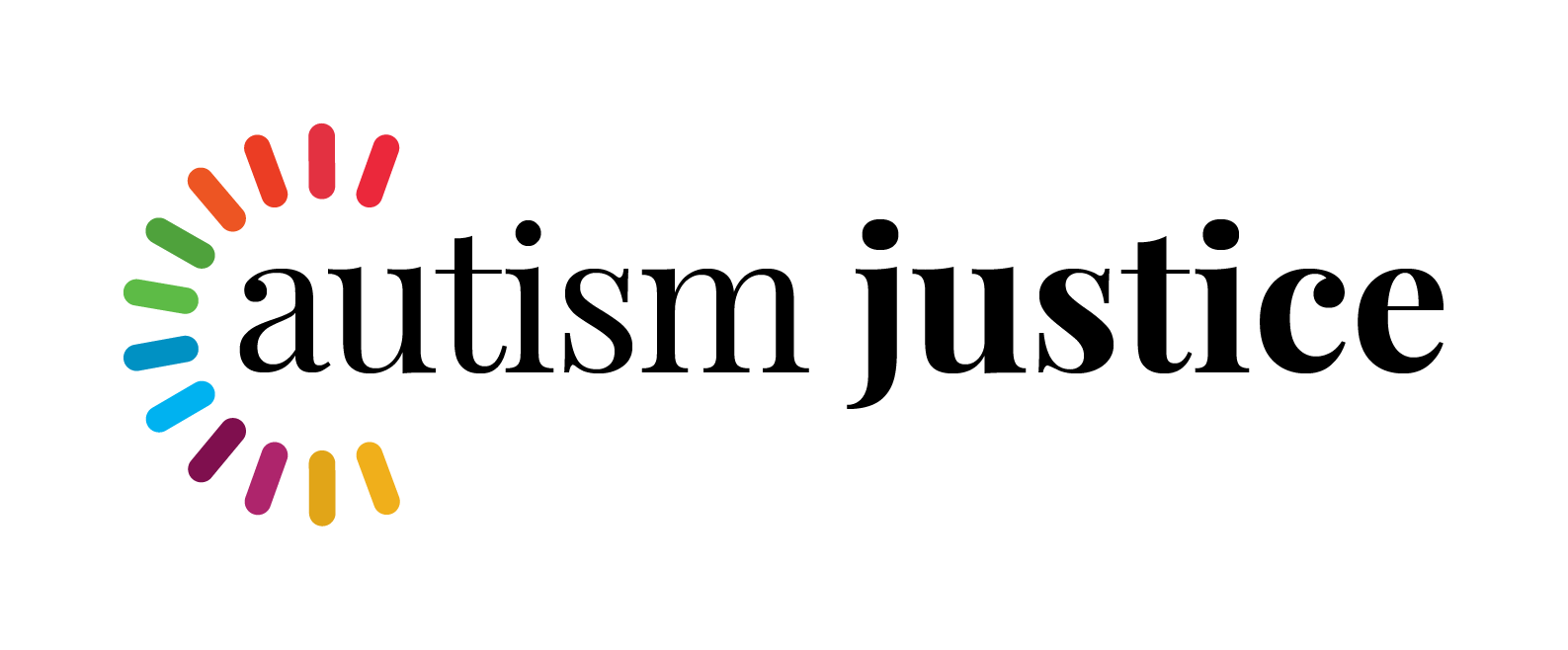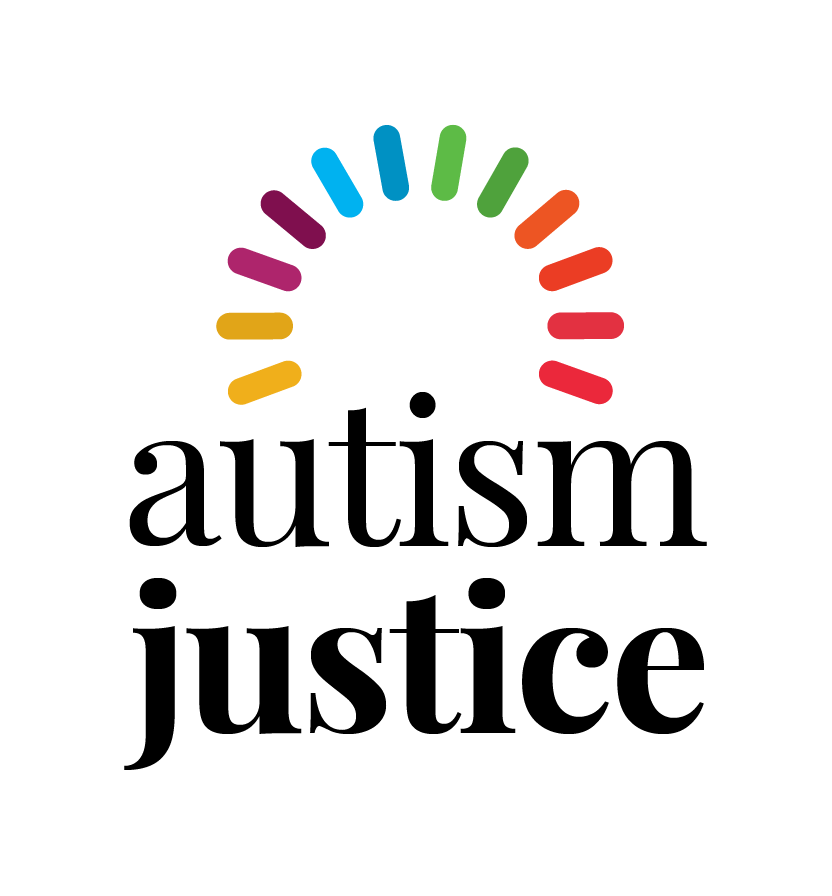First, let me say, I’m not a doctor. My opinions are simply my opinions. Even so, as a human being, I can ask questions and seek answers regarding our shared human experience.
How should we grieve a loss, especially the loss of a loved one? There’s no single answer to that question. At https://www.helpguide.org/articles/grief/coping-with-grief-and-loss.htm, the writer says there is no right or wrong way to deal with grief, and there is no time-table for grief. WebMD tells us that grief can have physical symptoms. https://www.webmd.com/balance/normal-grieving-and-stages-of-grief#1. However, we do know that for Christians (and those of Jewish faith) there is a wrong way to grieve. In Deuteronomy 14, the scripture says “you are the children of the Lord your God. Do not cut yourselves or shave the front of your heads for the dead, for you are a people holy to the Lord your God. Out of all the peoples on the face of the earth, the Lord has chosen you to be his treasured possession.”
So what does that mean? To understand it, we must first accept that grief is normal. We cannot prevent grief any more than we can prevent clinical depression. Grief is a natural response to loss. They say there are stages of grief (Denial, Anger, Bargaining, Depression, and Acceptance). If you get bogged down in one of those stages, unable to move forward, grief can make you forget that you, and those around you, are sacred. You are special. “You were bought at a price.” (1 Corinthians 6:20). That means God thinks you’re pretty special. And what remains around you (those lives you touch) is also sacred. You cannot allow loss to be amplified by harming yourself and creating additional loss. Improper grief deprives you of the ability to share your God given value with family, friends and neighbors who are still with us. Improper grief is like quick sand which mires you in a past, depriving you of the present and the future. So, if grief does not heal over time, seek help. Seek counseling. If grief causes you to imagine harming yourself, or if you believe someone you love might harm himself or herself, call the Suicide Prevention Hotline at: 1-800-273-TALK (8255). https://suicidepreventionlifeline.org/
For those of us who believe in an afterlife, there is hope. In Mathew Chapter 5, Jesus said “Blessed are those who are mourning: they will be consoled.” What did He mean by that? Surely He meant more than some trite saying like like “time heals all wounds.” More likely, Jesus was reminding us that if we are His, then we will see those we love on the other side. In John 16, Jesus said: ““Are you asking one another what I meant when I said, ‘In a little while you will see me no more, and then after a little while you will see me’? Very truly I tell you, you will weep and mourn while the world rejoices. You will grieve, but your grief will turn to joy.” We might grieve now, … we might weep now, … but because our hope is in Christ, joy comes in the morning.
For those of us who are watching someone else grieve, remember that depression is a serious condition. Watch for signs and symptoms of depression and, if appropriate, be a good neighbor and get help. To know what to watch for, see https://www.webmd.com/depression/guide/detecting-depression#1.

























